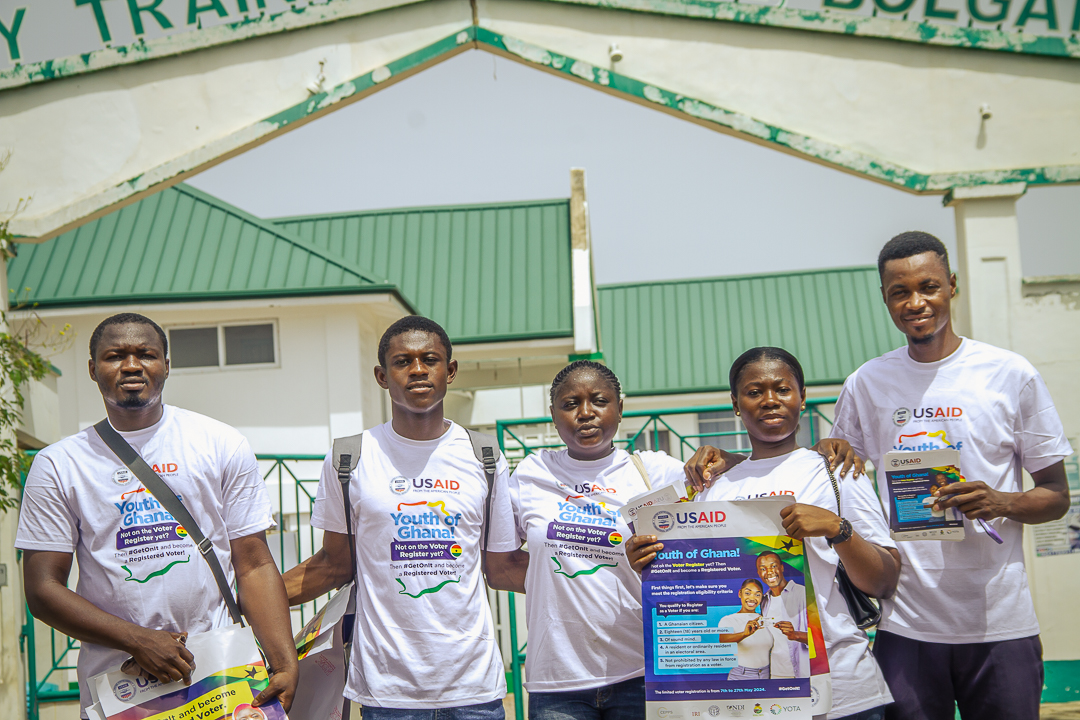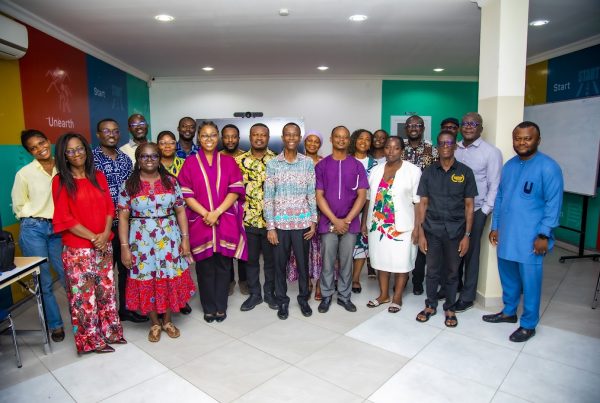As Ghana approaches its 2024 general elections, the International Republican Institute’s (IRI) report, Ghana 2024 Elections: A Risk Assessment of the Online Information Space, reveals a political landscape fraught with risks to democracy. The comprehensive report investigates the intersection of Ghana’s political history, internet freedom, corruption, and the escalating dangers posed by misinformation and violence. Among the voices lending crucial insight is Emmanuel Edudzie, Executive Director of Youth Opportunity and Transformation in Africa (YOTA), whose observations illuminate the current climate.
YOTA, known for its youth-led policy advocacy and efforts to create fair civic spaces, has been a vocal proponent of informed voter engagement, as seen in their recent Voter Mobilization Campaign, an activity under the Political Action project spearheaded by IRI. But as Edudzie points out, “Ghana’s 2024 election landscape has placed journalists at increased risk, particularly with the rising trend of intimidation and harassment aimed at stifling press freedom and restricting access to information critical to voters.” Edudzie’s commentary underscores the report’s concerns regarding threats to press freedom and civic discourse. This backdrop could destabilize communities, with tensions escalating from online provocation to real-world violence, further jeopardizing election integrity and social cohesion.
The report paints a detailed picture of how tribal and political affiliations amplify the risk of violence, especially in the northern regions with historical rivalries. Edudzie warns, “Given Ghana’s existing tribal rivalries, the 2024 elections carry heightened risks of violence. Political alignments within tribal groups in regions like the North can easily spark offline confrontations rooted in historical animosities”. The report emphasizes that these dynamics pose significant challenges to maintaining peace and ensuring a secure electoral environment, highlighting the need for targeted efforts to foster unity and mitigate potential conflict before, during, and after the elections.
Generative AI is a new, double-edged tool discussed extensively in the report. While it holds potential for constructive use, Edudzie notes, “ChatGPT is an emerging tool in Ghana, primarily utilized by political parties and journalists to produce campaign materials and stories. However, as the election nears, there is an expectation that generative AI could be leveraged for deeper political influence.” This concern aligns with a broader fear of misinformation through AI-generated deepfakes, capable of eroding trust in the electoral process. The report cites an incident during the parliamentary primaries where a deepfake video falsely implicated a candidate in corruption. Emerging just hours before voting began, the video’s impact on voter perception was difficult to measure, highlighting the disruptive potential of such technology in shaping political outcomes.
Delving into the impact of technology platforms and the online information space on Ghana’s political environment, the report underscored the role of encrypted platforms, such as WhatsApp, in complicating efforts to combat disinformation. Edudzie emphasizes, “WhatsApp remains a significant vector for disinformation in Ghana due to its encrypted nature, making it challenging to oversee or mitigate harmful narratives that shape political opinions in the run-up to the elections.” This challenge points to the broader issue of safeguarding information integrity in an online space where misinformation can spread unchecked, posing risks to public trust and informed decision-making.
“Female political figures in Ghana face disparaging comments that question their competencies, adding layers of gendered discrimination to an already hostile political environment,” Edudzie notes, highlighting a troubling trend in the report. This assessment emphasizes that such discrimination is not limited to women; LGBTQI+ individuals and certain tribal communities also endure harassment that undermines their role in public life. These persistent challenges go beyond media and digital threats, posing significant obstacles to inclusive and equitable democratic participation in Ghana.
The report’s findings serve as a stark reminder of the complex challenges Ghana faces as it heads toward its 2024 general elections. From the erosion of press freedom and the unchecked spread of disinformation to the targeting of vulnerable groups and the potential misuse of technology, the stakes for maintaining a fair and peaceful electoral process are higher than ever. The report calls for coordinated efforts by government bodies, civil society, media outlets, and technology platforms to address these threats comprehensively. Only through a unified and proactive approach can Ghana safeguard the integrity of its elections and reinforce the principles of democracy that have long been its hallmark.







